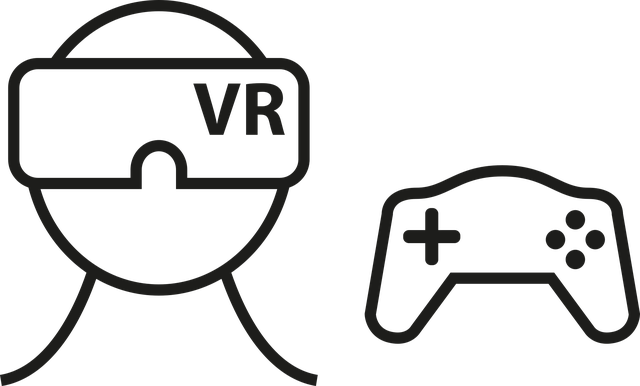The 1992 cyberpunk novel Snow Crash is where sci-fi author Neal Stephenson coined the term “metaverse”. He presented a 3D virtual world where people represented as avatars interacted with themselves and other artificially intelligent agents. Here are 5 things you should know about Facebook’s meta. After all, ever since the CEO of Facebook parent Meta Platforms – Mark Zuckerberg announced its rebranding, the term metaverse has skyrocketed in Google search terms.
Meta will ultimately allow engagements across education, work, and social contexts
Ordinarily, the term metaverse describes a virtual reality internet that allows you to interact as a three-dimensional figure instead of using a simple screen. Where Microsoft with its Mesh technology seems to focus specifically on virtual office/remote work, Meta is proposing an interaction across various platforms. These platforms include education, work, and social settings.
Facebook’s Meta is leading in VR headset sales
Virtual reality is a central technology in the use of the metaverse. To become immersed in the virtual world, a device like Facebook’s Oculus VR headset may be crucial.
Not only did Facebook acquire Oculus in 2014, but in the first quarter of 2021, it captured close to two-thirds of the global VR headset market. As such, Facebook is holding the first-mover advantage when it comes to VR headsets. Interestingly, the demand for the headset is rapidly increasing.
Facebook is investing heavily into the metaverse
With close to 10,000 employees in Facebook’s AR/VR division and a minimum of $10 billion spent on Facebook Reality Labs in 2021, Facebook certainly seems serious about the metaverse. More so, the goal to invest in immersive learning is being backed by an investment of $150 million in AR/VR training and resources for learners, creators, and developers.
Meta has an edge with Facebook’s built-in user base
There are over 3 billion monthly users when you consider Meta’s family of apps – Facebook, Instagram, WhatsApp, and Messenger inclusive. Surely, this will help since the first stage of the metaverse likely involves selling VR headsets to an audience.
Similarly, social networks like Facebook and Instagram will likely be the bases for reworking functions such as gaming, entertainment, and learning. Clearly, Facebook holds an edge here. After all, millions of businesses will simply follow on with Facebook and Instagram into the metaverse.
The social connection brings up issues of responsible innovation
With 3D spaces in the metaverse, you can socialize, learn, collaborate and play in unique ways. However, the issues as to where boundaries will be delineated in such a digital world are a crucial debate point.
Meanwhile, Facebook has set up guiding principles referred to as Responsible Innovation Principles to guide its approach. These principles are meant to engender transparency, control, inclusivity, and empowerment.

With Meta’s metaverse comes different possibilities
Even with these 5 things you should know about Facebook’s Meta, you may still not grasp its finite details. For instance, you may not understand the intricate details behind being able to play chess on a virtual chessboard superimposed on the real world. – Or being able to hold a real meeting while appearing as a hologram. However, Facebook’s meta is rich with different possibilities.






